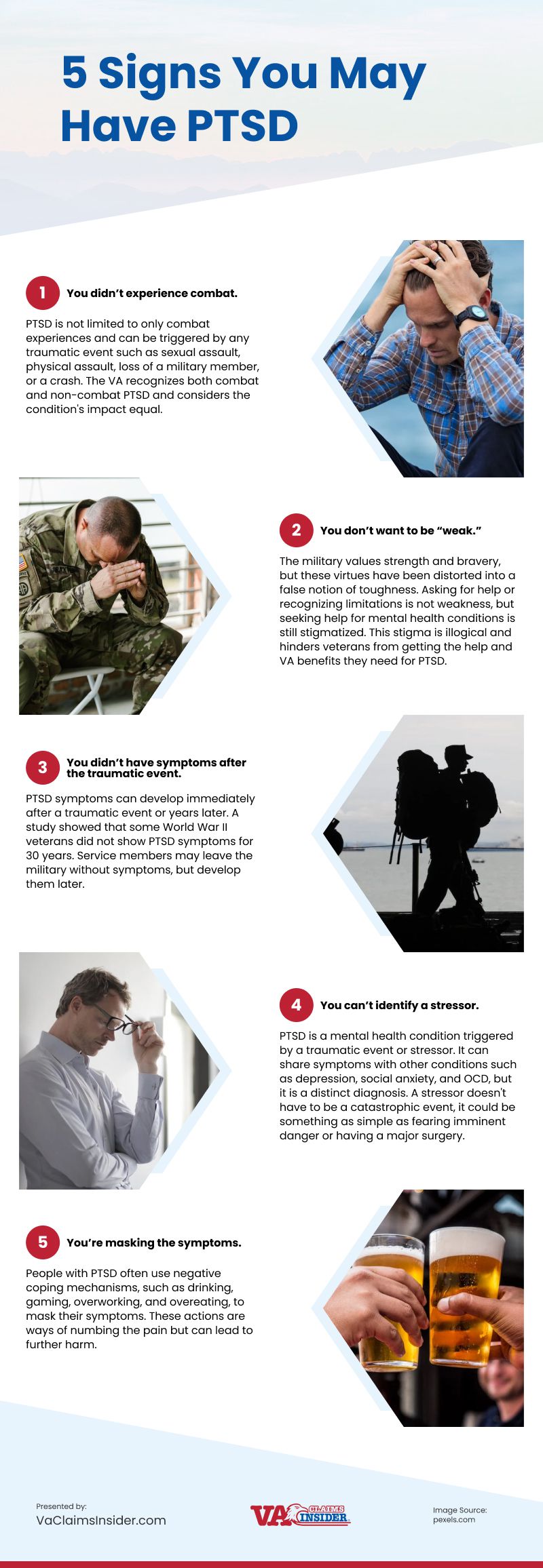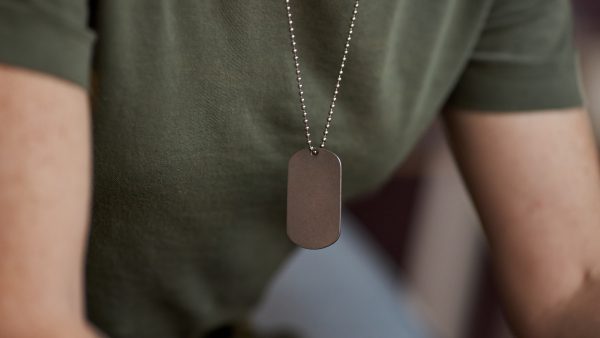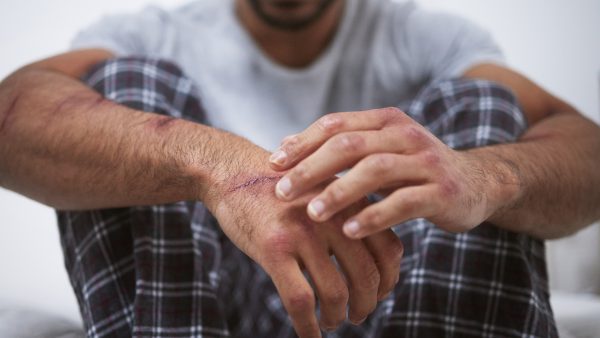Looking for Expert-Level VA Claim Answers?📱Call Us Now! 737-295-2226
According to the U.S. Department of Veterans Affairs, post-traumatic stress disorder (PTSD) affects anywhere from 11 to 30% of veterans, depending on the conflict they were involved with. For example, 11 to 20% of veterans who participated in Iraqi Freedom and Enduring Freedom have been diagnosed with PTSD compared to 30% of Vietnam veterans.
But these statistics only tell part of the story. First, they link PTSD to combat, but non-combat PTSD is very common in veterans. They also fail to represent those who may not even realize that they have PTSD—or those who suspect they have it but fail to seek a diagnosis and treatment.

So the question for you is, could you be suffering from PTSD without knowing it or getting the help that you need? If so, you’re not alone. Too often, veterans suffer in silence in the abyss of PTSD.
5 Reasons Why You May be Missing the Signs of PTSD
You didn’t experience combat.
And because of that, you assume you could not have PTSD, regardless of your mental health symptoms.
The truth is, anyone who has experienced–or witnessed–a traumatic event, also referred to as a “stressor,” is at risk for PTSD. Combat can certainly create stressors, but it is far from the only circumstance that can trigger PTSD.
Other stressors may include being sexually assaulted or harassed, being hazed or physically assaulted, losing a fellow military member to suicide, experiencing a car or aircraft crash, etc.
There are many triggers for PTSD for military members, and whether they occur in or out of combat, they can be equally debilitating. The VA recognizes both combat and non-combat PTSD and will regard the impact of the condition equally.
You don’t want to be “weak.”
The virtues of strength and bravery are highly valued in the military—and rightly so. They’re critical in battle. But cultural prejudices and stereotypes have skewed those virtues into something they were never intended to be: a tough guy (or gal) who masks what’s happening inside.
Is it weak to ask for help that you need? Is it weak to proactively identify a limitation and strive to move beyond it? How is it more respectable to save your buddy from danger on the battlefield than to save yourself and your loved ones from the detrimental effects of your PTSD?
The stigma surrounding mental health conditions is illogical and unproductive and could be keeping you from recognizing and getting help and VA benefits for your PTSD.
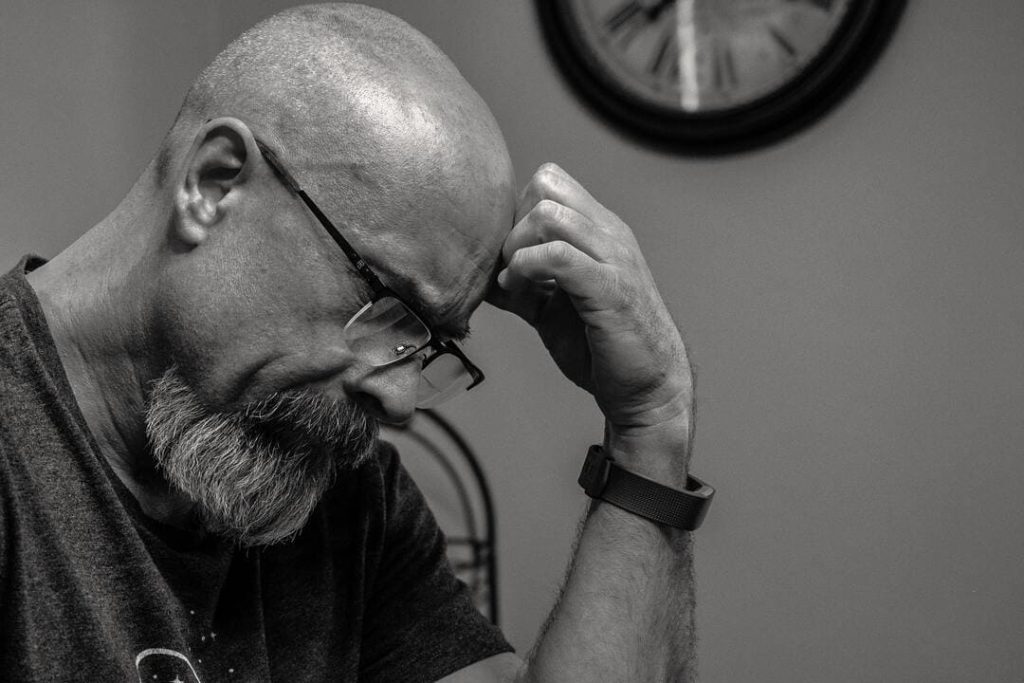
You didn’t have symptoms after the traumatic event.
While many people develop PTSD symptoms within three months of the stressor, others may not develop them for years. One study showed that some World War II veterans did not manifest PTSD for 30 years after their combat trauma.
It’s very common for service members to leave the military without significant PTSD symptoms, only to develop them months or years later. Doctors don’t know exactly why this happens.
However, they have observed that in some cases, a stressor later in life (job loss, death in the family, etc.) can trigger PTSD from a prior traumatic event.
You can’t identify a stressor.
We’ve established that a defining feature of PTSD is that it was triggered by a stressor. But what if you can’t identify a stressor? You might find yourself experiencing all kinds of symptoms but not being able to put your finger on exactly what’s going on.
Maybe it’s the people around you. Maybe it’s your job. Maybe you’re just stressed out. Maybe you have anxiety. Maybe you have obsessive-compulsive disorder (OCD). Maybe you have a borderline personality disorder.
PTSD can look like a lot of other mental health conditions, including depression, social anxiety, and OCD. But while PTSD shares symptoms with these conditions, it is a distinct diagnosis that developed in reaction to a traumatic event or stressor.
Without a clear stressor, veterans may cast around for other diagnoses and continue to live under the heavy burden of PTSD.
Remember that the stressor does not need to be a cataclysmic event. Witnessing someone else’s trauma, having major surgery, and fearing imminent danger—even if the danger never crystallizes—could cause PTSD.
Everyone is different, and what triggers trauma in one person may not in another. But just because someone else wasn’t affected by an event doesn’t mean that the event wasn’t traumatizing to you in a very real and damaging way.
It’s also important to know that just because you can’t remember a trauma doesn’t mean that it didn’t happen. The brain is an incredibly resourceful tool, and it’s hardwired to protect itself.
In the wake of a traumatic event, it may dissociate—or detach—from reality as a protective measure, failing to register that event or situation altogether. But that doesn’t mean that your mental health isn’t still reeling from the event.
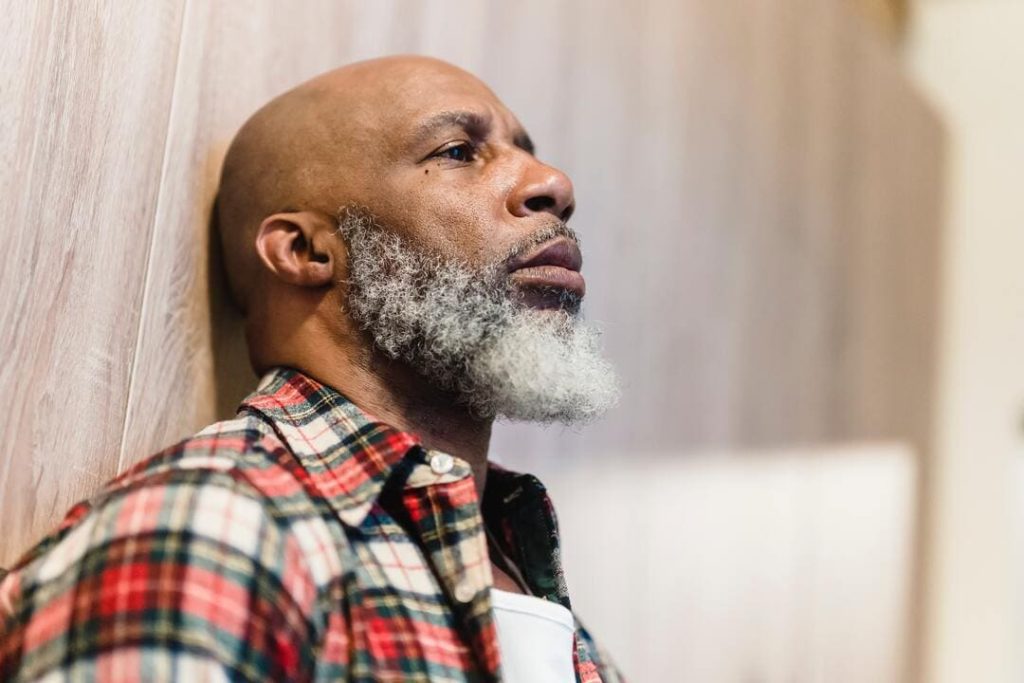
You’re masking the symptoms.
Inside, you’re broken, but the world expects you to carry on, so you figure out ways to mask or drown out the symptoms. It’s very common for people with PTSD to cope by drinking. Consider these statistics from the Department of Veteran Affairs:
- Men with PTSD are 2 times more likely to abuse alcohol.
- 60 to 80% of Vietnam veterans in treatment for PTSD struggle with alcohol abuse.
There’s coping, and there’s negative coping. Drinking to drown out your PTSD symptoms is negative coping. And alcohol isn’t the only way to numb the pain. It’s common for people to turn to other addictions, including gaming, overwork, overeating, etc., to “negative cope” with their PTSD.
Know the common symptoms of PTSD, which are not limited to but may include:
- Intrusive memories (flashbacks, nightmares, severe emotional or physical reactions to something that reminds you of a traumatic event)
- Negative thoughts about yourself or the future
- Difficulty in preserving close relationships with family and friends
- Feeling detached from the people around you
- Irritability and anger
- Strong feelings of guilt or shame
- Loss of interest in the activities that once excited you
- Feeling emotionally flat or numb
- Shutting out memories of the traumatic event
- Feeling like you are always on guard against imminent danger
- Reckless behaviors (drinking too much, driving too fast)
- Difficulty sleeping
- Difficulty focusing
If you think you have PTSD, it’s time to get the help that you deserve and are legally entitled to. Depending on the severity of your condition, you may be entitled to a PTSD VA rating of up to 100%.
Start by seeing your doctor (either a VA or private doctor) to get a diagnosis for your treatment. This may require some uncomfortable conversations, but don’t whitewash what you’re going through.
Present all of the evidence supporting your PTSD claim, and be willing to talk frankly about your symptoms and how they are affecting you and the people around you.
You should also request an Independent Medical Opinion (IMO) or a Nexus letter connecting your condition to your time in the military.
Your physician’s wording should show that there is at least a 50% chance that your condition was caused by an in-service stressor. In other words, it’s ‘as least as likely as not that your condition was caused by your service.’
At VA Claims Insider, we know that it takes courage to seek help for your PTSD, but we also know that you owe it to yourself and those around you to get that help.

NEED MORE ASSISTANCE?
Most veterans are underrated for their disabilities and, therefore, not getting their due compensation. At VA Claims Insider, we help you understand and take control of the claims process, so you can get the rating and compensation you’re owed by law.
Our process takes the guesswork out of filing a VA disability claim and supports you every step of the way in building a fully-developed claim (FDC)—so you can increase your rating FAST! If you’ve filed your VA disability claim and have been denied or have received a low rating—or you’re unsure how to get started—reach out to us! Take advantage of a VA Claim Discovery Call. Learn what you’ve been missing—so you can FINALLY get the disability rating and compensation YOU DESERVE!
Infographic
Post-traumatic disorder is common in veterans who took part in the war. Unlike what most people think, it is just as common with veterans who did not join in combat. Then, there are also people who do not realize they have PTSD because they choose to ignore those signs or do not want to seem weak. Let’s understand why veterans prefer to suffer in silence instead of seeking diagnosis and treatment for their PTSD.
